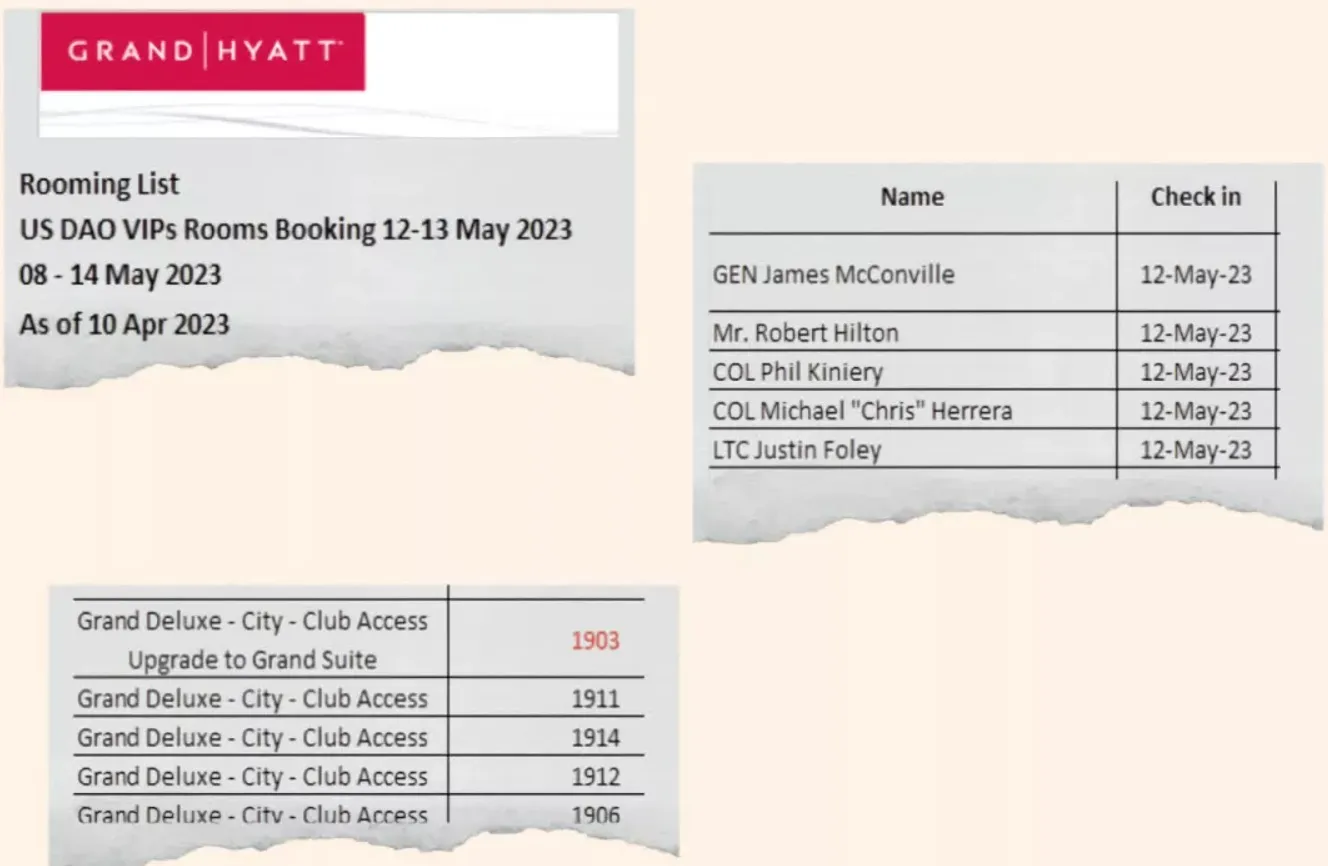- The leak of millions of confidential emails mistakenly sent to Mali reveals the inattention of the US military for almost ten years.
- Despite warnings from an internet entrepreneur, military officials ignored the potentially damaging leak of sensitive data.
- Medical X-rays, personal information, travel details of high-ranking officials, and other sensitive data were exposed, putting the national security of the United States at risk.
US national security situation in jeopardy due to email leak. An alarming revelation threatens the national security of the United States, with the leak of millions of emails sent by soldiers and high military commanders.
This leak has exposed confidential and sensitive information, including diplomatic documents, tax returns, passwords and travel details of high-ranking officials.
Remarkably, this dire situation has persisted for almost a decade without any action by the US military.
The problem lies in the similarity of the email suffix used by the US military (.mil) and Mali’s country identifier (.ml) in West Africa. This similarity has led to many members of the military and people in the United States mistakenly sending emails to Mali instead of the appropriate branch of the military.
Warnings ignored by authorities
For almost a decade, a Dutch internet entrepreneur named Johannes Zuurbier has been warning about this leak.
Zuurbier had a contract with Mali to manage its email traffic and notified US military officials about the possibility of harmful email leaks ten years ago. Unfortunately, his warnings were ignored.
Last efforts of Johannes Zuurbier. In a last-ditch attempt to get the attention of the US authorities, Zuurbier has compiled all the badly sent emails since January 2023.
With his contract with Mali coming to an end, he hoped this archive of nearly 117,000 messages would spark US interest and action. Some of these emails even contained confidential information, such as the travel itinerary of General James McConville, the US Army Chief of Staff.

Serious consequences and concern for national security
Although the messages were not marked as “classified,” they contained information that could be exploited by foreign adversaries.
Compromised data includes x-rays and medical documents, personally identifiable information, crew lists and personnel from military bases, maps and photos of facilities, criminal complaints and investigations, tax records, and contracts.
Retired Admiral Mike Rogers, who previously headed the US Army’s Homeland Security Agency and Cyber Command, has raised concerns about the severity of the incident.
Even unclassified information can be used by adversaries to gain valuable intelligence. The magnitude and duration of this leak are alarming, underscoring the lack of attention and action on the part of military officials.
Official answer and possible solutions
The US Department of Defense has stated that it is taking the situation seriously.
According to Lt. Cmdr. Tim Gorman, emails sent from the .mil domain to .ml are being blocked, and senders are notified to validate the email addresses of the intended recipients.
However, doubts arise, since Zuurbier continues to receive emails destined for .mil domains even after these measures.
Zuurbier warns of the possibility of more email being lost in the wrong hands, noting suspicious activity from requests for domains similar to those of US military branches.
This could indicate that hackers and other malicious actors are aware of this situation and might try to take advantage of it. Or do you not think the same?

